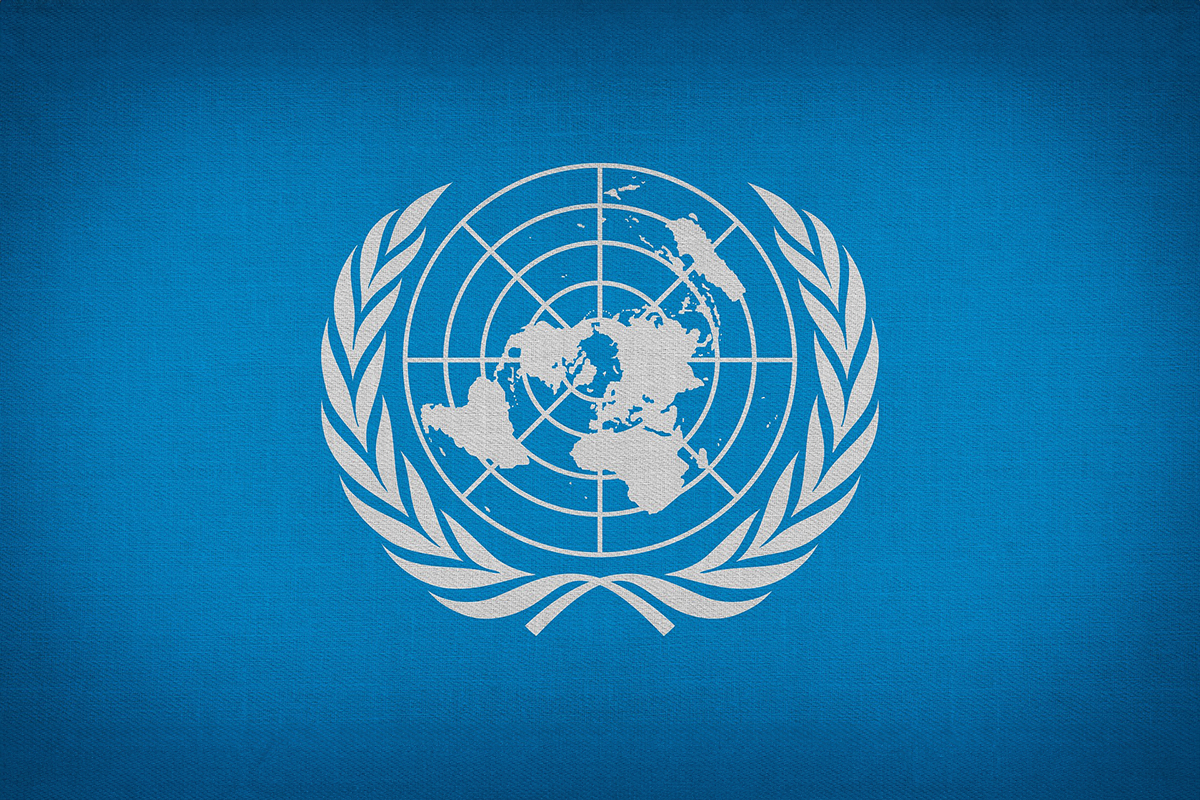The International Court of Justice Hears South Africa’s Unprecedented Case Against Israel
In a groundbreaking move at the United Nations’ highest judicial body, South Africa has levelled severe accusations of genocide against Israel. This accusation, presented at the International Court of Justice (ICJ), marks a significant moment in international legal history. South Africa’s representation argues that Israel’s military actions in Gaza are not just disproportionate but amount to a calculated attempt at eradicating the Palestinian population in the region.
The accusation comes in the wake of Israel’s declaration of war against Hamas following a deadly attack on October 7. While South Africa condemns Hamas’ actions, it strongly criticizes Israel’s response, which has resulted in significant Palestinian casualties. Vaughan Lowe, representing South Africa, emphasizes that no circumstance justifies genocide, a crime internationally recognized as heinous and inexcusable.
Israel, on its part, has dismissed these allegations as baseless and offensive, with spokesperson Eylon Levy criticizing South Africa’s stance as hypocritical and accusing it of supporting anti-Jewish sentiments. Israeli President Isaac Herzog maintains that Israel’s actions are in self-defence and insists on the nation’s efforts to minimize civilian casualties under challenging conditions.
This case brings into focus the obligations of nations under the 1948 Genocide Convention, to which both South Africa and Israel are signatories. It is the first time Israel faced such allegations under this convention, drafted in response to the Holocaust.
Hearing this case, the ICJ has a complex task ahead. It must consider whether Israel’s actions in Gaza, including the restriction of necessities and the use of heavy munitions in civilian areas, constitute acts of genocide as defined by international law. South Africa’s argument extends beyond immediate military actions, accusing Israeli leaders of public incitement to genocide.
The unfolding legal battle is not just about the immediate cessation of military actions but also touches on deeper issues of international law, human rights, and the responsibilities of nations under treaties like the Genocide Convention. The case has garnered significant international attention, with various countries and organizations taking sides.
The ICJ’s decision, whether to issue provisional measures or its final ruling, carries immense weight. Although the court cannot enforce its rulings, a decision against Israel could significantly impact its international reputation. As the case progresses, it highlights the ongoing complexities and tragedies of the Israeli-Palestinian conflict, raising questions about the role of international law in resolving such deep-seated and violent disputes.
This landmark case at the ICJ represents a pivotal moment in international law and relations. It underscores the ongoing struggle for justice and accountability in global conflicts and the crucial role of international bodies in addressing allegations of the most serious crimes under international law.







